The Chinese Communist Revolution, which aimed to liberate the Chinese majority from the oppressive bourgeoisie, took place between 1945 and 1950. Having spearheaded the revolution, the founding father of modern China- Mao ZeDong was worried that the revolution did no more than replace old elites with new ones; that the pre-revolution bourgeoisie elements were gradually infiltrating the government & society at large- aiming to restore capitalism; and that only a revolution of culture would unseat and unsettle the ruling class and keep China in a state of perpetual revolution which, theoretically, would serve the interests of the majority, rather than a tiny privileged elite. As a result, Mao launched the cultural revolution in 1966. As opposed to the initial 1945-50 revolution which merely kept the Chinese bourgeoisie at bay for a period (1950-66), the cultural revolution was effectively gradual, planting the seeds required to disenable the imminent return of the bourgeoisie. Occupying a center stage in this cultural revolution, theatre was used as a political weapon for spreading communist ideas beneficial to the majority.
During the Cultural Revolution, the government elected an expert to take control of the theatre stage, and introduce revolutionary model operas. While traditional operas were banned, as they were considered feudalistic and bourgeoisie-friendly, the newly introduced revolutionary operas were actively promoted, to achieve revolutionary ends. Since then, the Chinese Cultural Revolution is said to have consolidated the changes wrought by the initial 1945-50 revolution and cleansed China from outdated traditions (in arts and other cultural fields) which favored the bourgeoisie, in a ‘modernist transformation’ that laid the foundation for future economic reforms. These reforms would catapult China into a 21st century economic success; the second largest economy in the world.
In present-day Nigeria, the demand for restructuring the country’s federalism is a much-discussed topic. This call is certainly not new. Since the 1954 Littleton constitution, which laid the foundation for classical federation in the country, the ethnic nationalities of Nigeria have pondered on whether they want to live together and if federalism will ever help these nationalities to realize it’s individual potentials. But while restructuring has always found habitation in the people’s political consciousness, we have always managed to omit one crucial factor: a restructured Nigeria, regardless of how sophisticated the new system is, will be populated by the same set of diverse and disunited persons.
The call for restructuring has developed a habit of comparing the Nigerian polity to that of the Communist Soviet federation, while ignoring the peculiarity of Nigeria’s ethnic composition. Since independence, Nigeria has had a unique problem of achieving solidarity in action and purpose, what many call nationalism, amidst hundreds of ethnic nationalities. At the beginning of the 1960s, there were 3000 ethnic nationalities in the world; about 1000 were represented in Africa and about 445 represented in Nigeria. To break this down, by the country’s independence, Nigeria, only the world’s 32nd largest country, housed 1/6 of the world’s ethnic groups. This peculiarity creates unique problems unknown to the experience of other peoples in the world. It is worth stating here that no western or eastern civilization has ever been encountered with this kind of problem. According to a report conducted in 1999, by The Economist: ‘Nigerians have no common vision of a nation-state called Nigeria, no sense of citizenship.’ Fragmentation of identities within our country seems to be our biggest problem, a problem that can’t be solved by restructuring. Like the Cultural Revolution in China, we can evolve a common vision and focus for this country by inculcating revolutionary nationalistic ideas and doing away with some of our outmoded traditions, especially those that overemphasis the cultural heritage of individual ethnic groups. To realize this ambition, we need to look no further than our Nollywood film industry.
With a long history dating back to the colonial era, Nollywood began to dominate screens across the African continent in the 2000s. In a remarkable achievement, with over 50 movies produced per week, Nollywood has grown to become the 3rd largest (some, e.g. UNESCO, even argue it’s the 2nd) movie industry in the world. It’s even a greater achievement that, while attaining this feat, Nollywood has managed to showcase the history and culture of certain ethnic groups in Nigeria, that of the igbos for instance. According to a report compiled by UNESCO, the Igbo language will become extinct, dead and buried, by 2025, if nothing is done to check its fast-declining use. For this reason, one must applaud Nollywood for producing Igbo films that attempt to rectify this problem. However, rather than being fixated on showcasing individual ethnic heritage, wouldn’t it be beneficial, to the Nigerian state, for Nollywood to produce movies marked with nationalist themes and Nigerian-friendly messages which cut across ethnic lines.
According to a report by Filmmakers Cooperative of Nigeria, every film in Nigeria has a potential audience of 15 million people in Nigerian, and about 5 million people outside the country. This shows a huge potential possessed by Nollywood to spearhead a nationalistic revolution, the type that can potentially break down ethnic boundaries.
When Nollywood films aren’t highlighting the cultural heritage of individual ethnic groups, they are busy infusing subtle messages fated to injure black pride. We need to start seeing messages geared towards promoting collective blackness (one which cuts across ethnic lines) in Nollywood films, and not the usual recycled white-man-good-christianity-defeats-black-man-evil-witchcraft. Make no mistake, there is certainly nothing wrong with being a Nigerian Christian. However, once you have a situation where children as young as 5 years are constantly fed this image of black being synonymous with Satan & Evil and white associated with Jesus & good, it renders useless any slim hope of a Nigerian-based black nationalism. Nollywood must do better. Our movie industry must become a political tool, used for promoting ethnic-free black nationalism.




















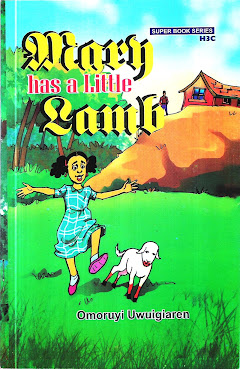
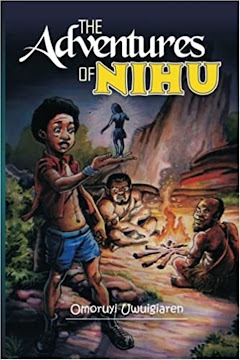


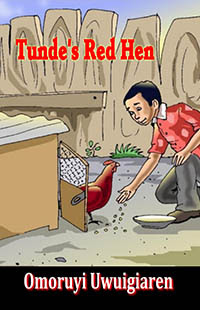

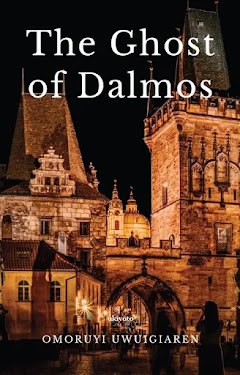

























.jpg)








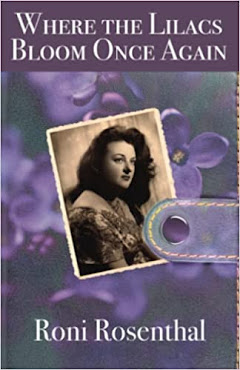
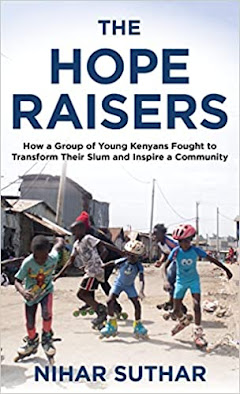
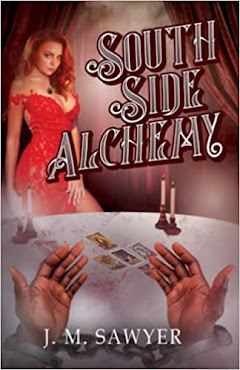

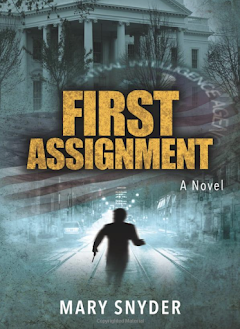

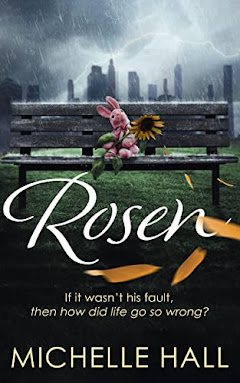

















































No comments:
Post a Comment